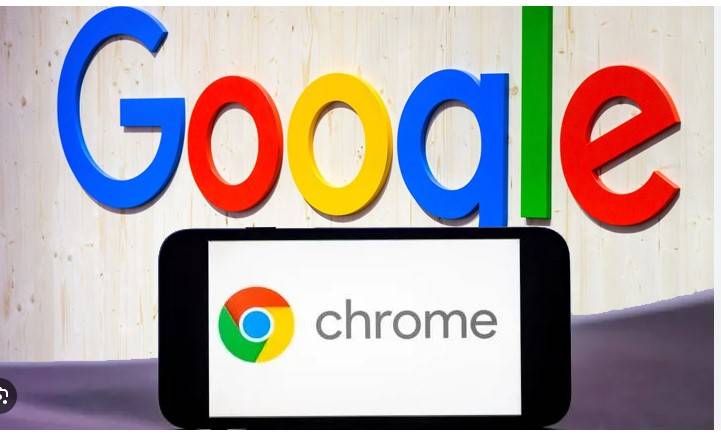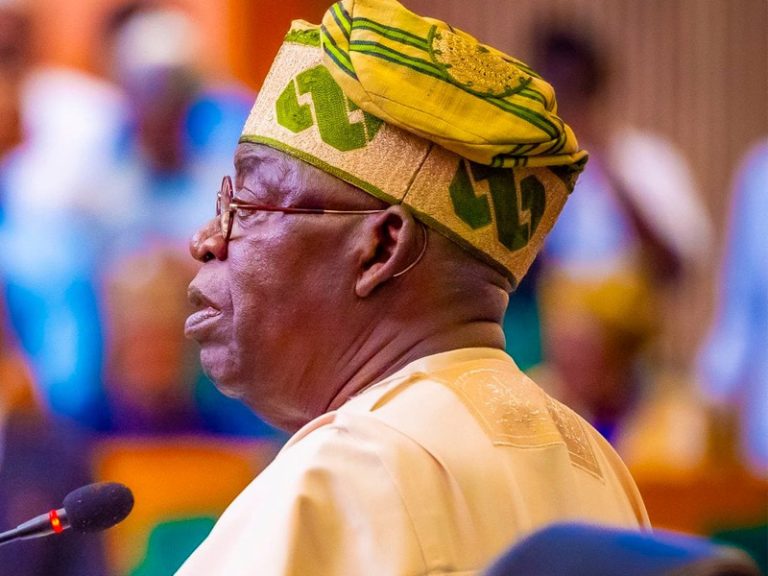
A U.S. judge has handed Google a partial victory in a landmark antitrust case, rejecting government calls for the tech giant to sell off its Chrome browser, but imposing far-reaching measures to curb its dominance in online search.
The ruling, delivered by Judge Amit Mehta, follows his August 2024 finding that Google unlawfully maintained monopolies in search through exclusive multi-billion-dollar distribution deals with Apple, Samsung, and other major device makers.
While sparing Google from the forced divestiture of Chrome—an outcome some had anticipated—Mehta’s decision still represents one of the most significant antitrust rulings in two decades, with potential to reshape the company’s business practices.
“This decision recognises how much the industry has changed with the rise of AI, which is giving people many more ways to find information,” said Lee-Anne Mulholland, Google’s VP of Regulatory Affairs. She stressed that competition in search remains strong but expressed “concerns” that the mandated remedies, such as data-sharing, could undermine user privacy.
The Justice Department hailed the outcome as “significant.” Assistant Attorney General Abigail Slater said the Department is reviewing the ruling and weighing further action: “We will continue to evaluate options regarding additional relief.”
Federal prosecutors had pushed for Google to divest Chrome, arguing the browser is a critical gateway to online activity and enables a third of the company’s searches. But Mehta dismissed the demand as excessive, warning that a breakup “would be incredibly messy and highly risky.”
Instead, his order requires Google to:
Share key search index data and user interaction information with qualified competitors.
End exclusive distribution tactics that could entrench its position in search and emerging generative AI markets.
Submit to oversight by a technical compliance committee, with remedies taking effect 60 days after judgment.
Although prosecutors had hoped for more sweeping structural changes, experts say the ruling still marks a turning point.
“It sounds like the judge decided some of the remedies prosecutors sought were too draconian,” said Carl Tobias, University of Richmond Law School. “Google is certainly not going to be broken up, and its business model may not change much in the short term.”
Markets reacted swiftly: shares in Alphabet, Google’s parent company, jumped 7.5% in after-hours trading, while Apple rose more than 3%.
“This is a monster win for Apple—and for Google, it’s a home run ruling that clears a huge overhang for investors,” said Dan Ives of Wedbush Securities.
Judge Mehta’s decision acknowledges Google’s enduring power as the default search provider on iPhones and Android devices, which he previously found to have a “crippling” effect on competition. However, he stopped short of banning such deals outright, saying that prohibition would create “profound ripple effects” across the tech ecosystem.
Crucially, the ruling also extends restrictions into the fast-growing field of generative AI, aiming to prevent Google from replicating its dominance in traditional search as chatbots like ChatGPT rise in popularity.
The outcome ensures Google keeps Chrome, but its grip on search—and its ambitions in AI—will now face unprecedented scrutiny.



